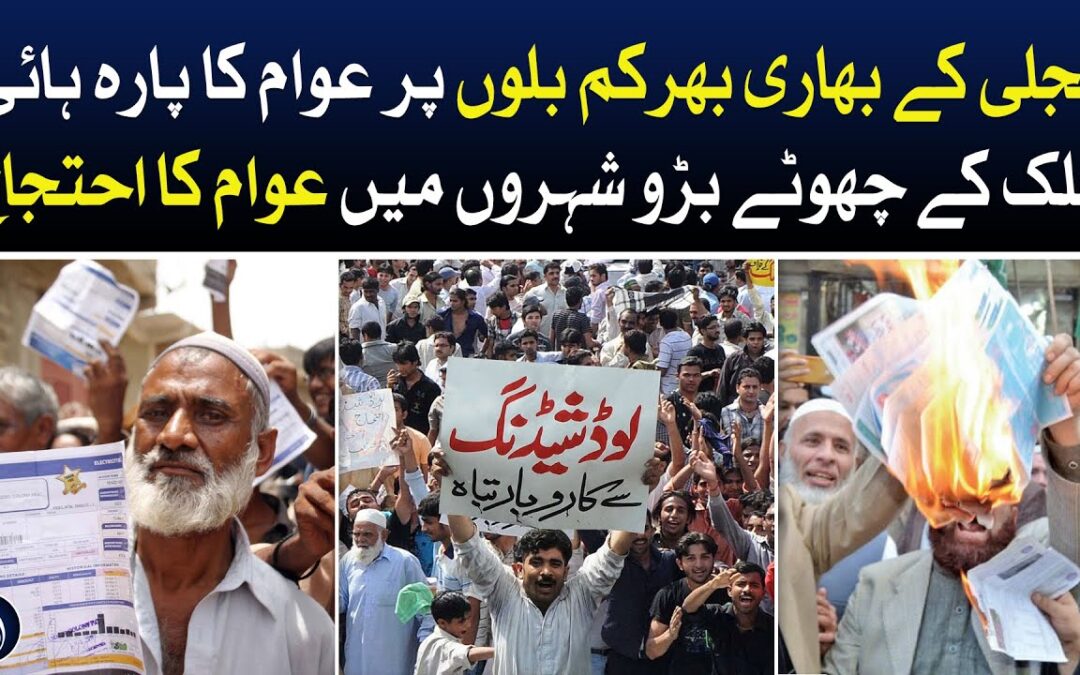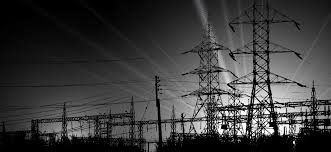
PM’s emergency meeting on inflated power bills bears no fruit
PM’s emergency meeting on inflated power bills bears no fruit
Overseer Head of the state Anwar-ul-Haq Kakar required a crisis meeting at the Top state leader’s Home today (Sunday) to talk about the issue of rising power bills. As indicated by PM’s post on microblogging stage X — officially known as Twitter — the gathering would incorporate briefings from the Service of Energy (Power Division) and conveyance organizations. Discussions would likewise be held to give the greatest help to buyers in regards to power charges, as per PM Kakar. The expanded power bills set off far-reaching fights, remembering Karachi, Rawalpindi, Multan, Gujranwala, and Peshawar. In Karachi, the Jamaat-e-Islami (JI held showings at various spots against the soaring expansion in power bills and what it expressed as cheating on a piece of the K-Electric (KE). In the meantime, in Rawalpindi, dissenters accumulated at Council Chowk and consumed bills while requesting that the public authority annul force charges on power. In Peshawar, nonconformists called the expansion in power bills horrendous and requested help from the public authority. In Gujranwala, Dissidents encompassed the Gujranwala Electric Power Organization office in challenging costly power. Fights were additionally held in different urban communities, including Narowal, Attock, Sargodha, and Haripur, against high power bills. In July, the then government bureau gave its thumbs up to a huge expansion in the base tax of power by up to Rs7.50 per unit against the public typical levy assurance of Rs4.96 by the power controller Public Electric Power Administrative Power (Nepra). The controller had climbed the duty to increment income assortment for the misfortune-making influence conveyance organizations (Discos) during the ongoing financial year. As indicated by a Nepra explanation, the overhauled public typical tax for the 2023-24 financial year is not set in stone at Rs29.78 per unit kWh, which is Rs.4.96 per unit higher than the recently resolved public typical levy of Rs24.82. While the controller referred to the rupee’s cheapening, high expansion and loan fees, the expansion of new limits and generally speaking low deals development as purposes for the increment, it was really climbed to meet one of the circumstances set by the Worldwide Money related Asset (IMF) of presenting underlying changes in the energy area. Notwithstanding, the appropriate tax would be a lot higher subsequent to including overcharges, expenses, obligations, and duties, other than month-to-month and quarterly changes.
Protest against electricity bills in all over Pakistan,
PESHAWAR/RAHIM YAR KHAN/HAFIZABAD/LAHORE: As fights strengthen the nation over against swelled power bills and runaway expansion for the third successive day, Guardian Head of the state Anwar-ul-Haq Kakar held a crisis meeting at his office today (Sunday) to reflect on help measures for the general population.
Attributable to fights in Peshawar, where unsettled residents have rampaged, the Peshawar Electric Stockpile Organization (PESCO) has looked for police security in the midst of fears of brutality.
The overwhelming expansion has previously left residents fearful, however, the expansion in power tax with bills and charges going through the rooftop has constrained them to organize fight exhibits, requesting a decrease in the power bills and withdrawal of overabundance charges.
The Service of Energy (Power Division) authorities advised the chief on the power levies and factors behind the enormous expansion in power bills.
In its letter to the Capital City Police Boss Syed Ashfaq Anwar, Pesco has mentioned the organization of police faculty in seven sub-divisions including Khyber Circle, Hayatabad 2, Tajabad, Landi Arbab, Badaber and Deh Bahadur.
Upset residents, as referenced in the letter, may enter these sub-divisions and vandalize the public property. It expressed that in the ongoing circumstance, the rule of law could be undermined.
“Pesco workers are in a condition of frenzy,” it added, looking for security for representatives and property.
In the meantime, residents organized a dissent exhibit in Punjab’s Rahim Yar Khan, hindering the primary street while in the region’s Chunian city, furious power buyers impeded Trade Street and set their bills on fire.
Protestors in the nation requested a decrease in power duties and the evacuation of overabundance charges in the service bills, cautioning that they wouldn’t take care of the bills in the event that the requests were not met.
Dealers, as well, fought in Hafizabad by driving a meeting from the city’s Fawara Chowk to the press club. In Okara’s Hujra Shah Muqeem, individuals emerged for showings also. Dissenters consumed power links and raised trademarks against the Water and Power Improvement Authority (Wapda) and the public authority.
Exhibitions by residents and merchants were likewise held in Faisalabad, Lahore, Risalpur, and Khyber Pakhtunkhwa’s Nowshehra area against the climb.
Ideological groups including the Jamaat-e-Islami and Muttahida Qaumi Development Pakistan (MQM-P) have censured the climb and extra charges on power bills.
MQM-P fears viciousness in the midst of fights
MQM-P Convener Khalid Maqbool Siddiqui, in a presser recently, communicated fears that the fights could transform into riots.
“It is the obligation of the public authority to go to prompt alleviation lengths,” he expressed, talking about the issues of force purchasers in Karachi and Hyderabad.
“The strain of round obligation isn’t on the proprietors of K-Electric, but on the buyers. Around 12 to 14 hours of load shedding is being finished in Hyderabad and the city’s brokers are being compelled to dissent,” he added.
The legislator said bills are something very similar, in spite of relentless and extended periods of time of load-shedding.
In July this year, the government bureau — headed by then top state leader Shehbaz Sharif — had greenlit a huge expansion in the base levy of power by up to Rs7.50 per unit against the public typical duty assurance of Rs4.96 by the power controller Public Electric Power Administrative Power (Nepra).
The controller had climbed the levy to increment income assortment for the misfortune-making influence dissemination organizations (Discos) during the ongoing monetary year. Nepra expressed that the updated public normal levy for the 2023-24 monetary year is not entirely set in stone at Rs29.78 per unit kWh, which is Rs.4.96 per unit higher than the recently resolved public typical duty of Rs24.82.
While the controller referred to the rupee’s downgrading, high expansion and loan costs, the expansion of new limits, and in general low deals development as purposes for the increment, it was really climbed to meet one of the circumstances set by the Worldwide Financial Asset (IMF) of presenting primary changes in the energy area.
Notwithstanding, the material duty would be a lot higher subsequent to including overcharges, charges, obligations, and tolls, other than month-to-month and quarterly changes.

